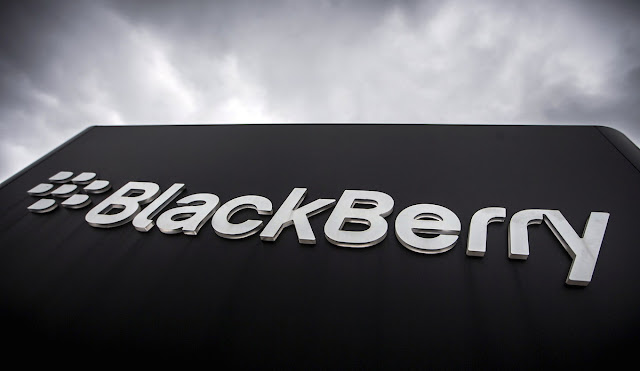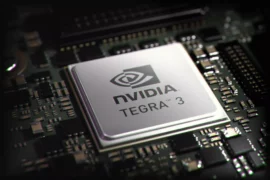
This isn’t surprising news considering BlackBerry’s ongoing struggle in the mobile market. According to estimates from Gartner, the company claimed just 0.1 percent of the market in the second quarter, equating to sales of some 400,400 units. The last BlackBerry phone manufactured by the company was the Priv, the company’s first Android-powered device, released November last year.
At that time, Chen said that the company would need to sell 5 million phones a year to stay in the consumer hardware business, a figure he later revised to 3 million. The news, then, that internal hardware development should cease is not the end of BlackBerry as a consumer tech company. That happened years ago, and the firm has since been slowly covering its retreat, targeting only businesses and governments and bolstering its reputation for security.
Today’s second quarter financial results focused on this possible future, highlighting new software like BlackBerry Radar (providing “end-to-end asset tracking” for the internet of things), and BlackBerry Hub+ (a productivity suite for Android). Chen noted that the company was on track to deliver 30 percent revenue growth in software and services for the full fiscal year, but the results for this quarter were clearer: a net loss of $372 million on revenue of $334 million.




1 Comment
Eyah! I wonder what #blackberry fate will now be.